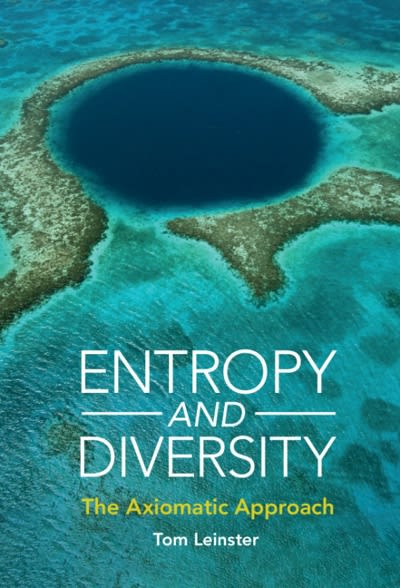Question
You want to determine whether noise makes a difference in college students' ability to memorize new information. You randomly divide 16 college sophomores into two
You want to determine whether "noise" makes a difference in college students' ability to memorize new information. You randomly divide 16 college sophomores into two groups with eight participants each. The participants in both groups are asked to memorize a list of 20 nonsense syllables (such as "TSG", "JMB", and so on) during a five-minute study period. The participants in Group 1 study the nonsense syllables with a "noisy" background, while those in Group 2 study the syllables with a "no noise" background. After the five-minute study period all participants receive a distracter task wherein they must count backward from 100 by sevens (for example, 100, 93, 85, and so on) for one minutes. At the end of this one minute of counting backward, each participant is asked to recall as many of the original nonsense syllables as possible. The scores below are the number of nonsense syllables each participant correctly recalled.
| X1 ("Noisy", Group 1) | X2 ("No Noise", Group 2) |
| 13 | 9 |
| 9 | 5 |
| 7 | 5 |
| 11 | 9 |
| 12 | 9 |
| 10 | 11 |
| 14 | 12 |
| 11 | 7 |
Which of the following are the correct statements of the null and alternate hypotheses, H0and HA?
Group of answer choices
H0: 1 = 2 and HA: 12
H0: 12 and HA: 1 = 2
H0: 1 > 2 and HA: 12
H0: 12 and HA: 1 > 2
H0: 1 < 2 and HA: 12
H0: 12 and HA: 1 < 2
Step by Step Solution
There are 3 Steps involved in it
Step: 1

Get Instant Access to Expert-Tailored Solutions
See step-by-step solutions with expert insights and AI powered tools for academic success
Step: 2

Step: 3

Ace Your Homework with AI
Get the answers you need in no time with our AI-driven, step-by-step assistance
Get Started


